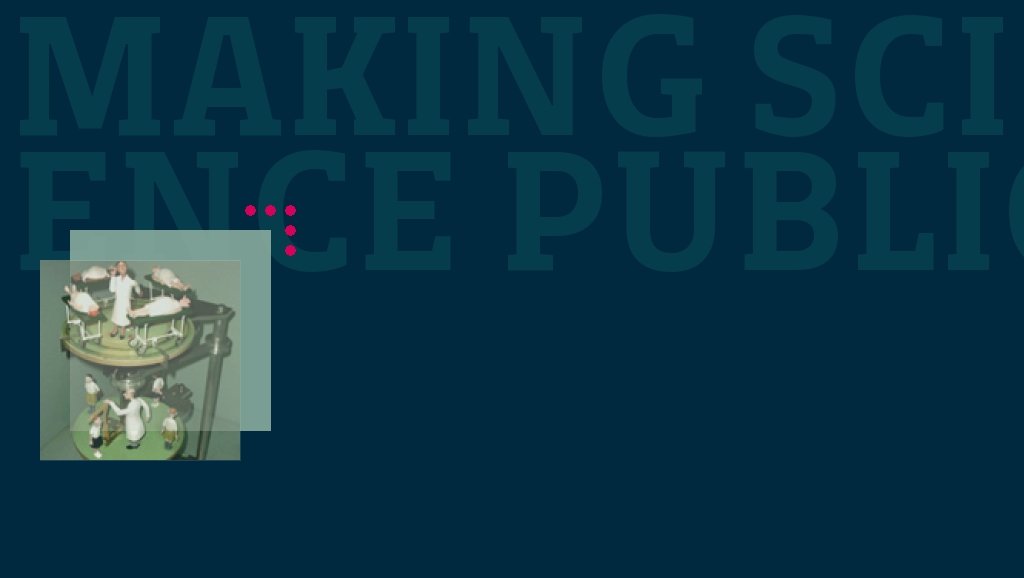On Monday 11th of February The University of Nottingham Department of Sociology and Social Policy are having a public event to launch their 2013 Research program.
The program is sponsored by the Leverhulme Trust in collaboration with the University of Warwick and the University of Sheffield and is titled “Making Science Public”. The Key note speech will be delivered by Professor Ulrike Felt, University of Vienna, with further details of the program available online, as are registration and accomodation details etc.
The program’s main research question is explained as the following:
What are the challenges involved in making science more public, how are attempts to do so changing the relationship between science, politics and publics, and what are the normative implications for problems relating to political legitimacy, scientific authority and democratic participation?
The Making Science Public research program aims to address these issues by raising some interesting points, including the following:
What is meant by making science more public, open or transparent? Who are ‘the public’ and how are they constituted? What might ‘public science’ mean for the authority and independence of science and the capacity of publics to engage with science? What are the political implications of making science more public and how does this relate to issues of legitimacy and transparency in politics and policy making? How will such changes help address the problems outlined above?
Some of the challenges they point to include the rise of science/industry partnerships and the privatization of knowledge, the proliferation of expertise and politicisation of science and the challenges of public engagement with science.
Aims include analyzing ways in which the use of evidence and expertise in politics and policymaking can or should be made more open and public, considering how different publics and forms of expertise are being mobilized around science and technology and how this might open-up democratic politics/governance or undermine it. Exploring how transparency and public participation enhance or threaten the legitimate generation, and the evaluation and application of scientific knowledge. Reconceptualizing the relationship between science, politics and publics in order to develop policies and practices that maintain the authority and independence of science, and to clarify the role of expertise in policymaking, and promote democratic/public participation.
—————-
(photo: Public health by Arenamontanus from Flickr)
















